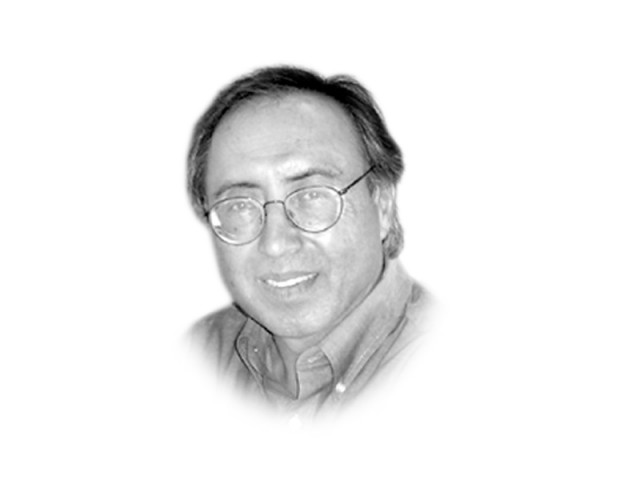Where do we go from here?
Democratic politics is not and must not be a zero-sum game, it is positive and must be inclusive


One easy way to explain this problem is that someone is pulling the strings, and all the political players or a section of them trying to destabilise the political order are puppets. While not entirely untrue, that is only the partial truth, not the whole truth. We have puppet players — the powerful forces that shape ideas, institutions and patterns of power politics almost in every society. It is the degree of autonomy and independence of the political class that defuses the power of the invisible influences. That will require coherence, cooperation and consensus among the political elite to change the balance of power. Rather, three opposites of what would keep the political order stable — fragmentation, confrontation and conflict have defined the attitudes of the political class in Pakistan.
One may argue that in an ethnically plural, populous and complex country with a history of political violence and declining institutional capacity to govern, fragmentation is a natural outcome. It is true to a certain degree. But such kind of challenges are exactly the ones that politics is all about, and democratic politics in particular is about building consensus, resolving conflicts and moving forward together. There have been times when the political elite of Pakistan rose to the occasion and steered the country out of trouble — post the East Pakistan tragedy and the 1973 Constitution. But the record is patchy and inconsistent.
The real reason, in my view, is the rules of the political game are not firm and the consensus on ‘democracy as the only game in town’ remains weak. We have seen other weakness in the governance, the rule of law regime or the political conduct of the ruling parties that gave space to the opposition groups to emerge and threaten them by horse trading or street agitation. It is, at the end, better performance in power that keeps the political waters calm and raw power ambitions of the opposite political camps under check.
More important than this is that all power centres in society and the political players embrace constitutionalism as a basic moral and political value. This sadly has yet to happen at a much broader national level than appears to be the case. The Constitution remains a weak reference point at best, and often ‘national interest’ trumps it, over and over again — further weakening the consensus. This legacy has been quite stubborn and will take quite a few peaceful political transitions to go away.
Pakistan’s politics is stuck in an unending impasse — dharna, rallies and daily bouts of blame game being played out on the media, reaching our households and all corners of the world. The PTI and the rest form the new polarisation over the horizon that may hang on like thick smog, making political visibility very low. The questions that we confront daily, within ourselves or in our personal conversation are: what is going to happen next? Will it end and when?
The solution lies in strengthening consensus on democratic institutions — Constitution and parliament. However, two requisites must be kept in mind. Parliament must be larger than the majority. Majoritarian politics played out here has weakened democracy and continues to do so. Second, democratic politics is not and must not be a zero-sum game, it is positive and must be inclusive. Last, compromise and conciliation are political virtues that all sides need to embrace.
Published in The Express Tribune, October 15th, 2014.
Like Opinion & Editorial on Facebook, follow @ETOpEd on Twitter to receive all updates on all our daily pieces.
















COMMENTS
Comments are moderated and generally will be posted if they are on-topic and not abusive.
For more information, please see our Comments FAQ